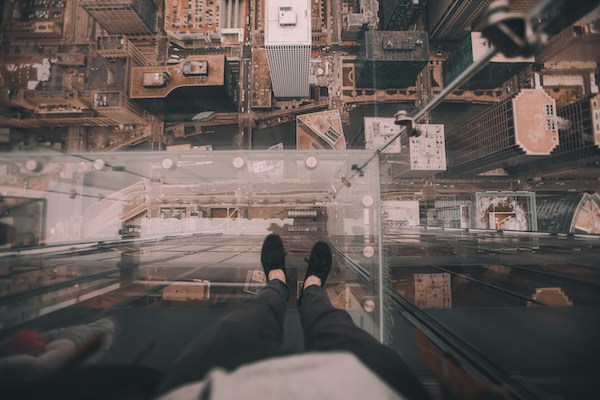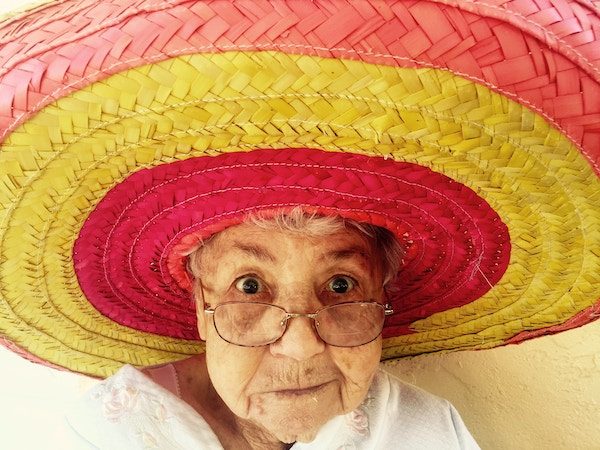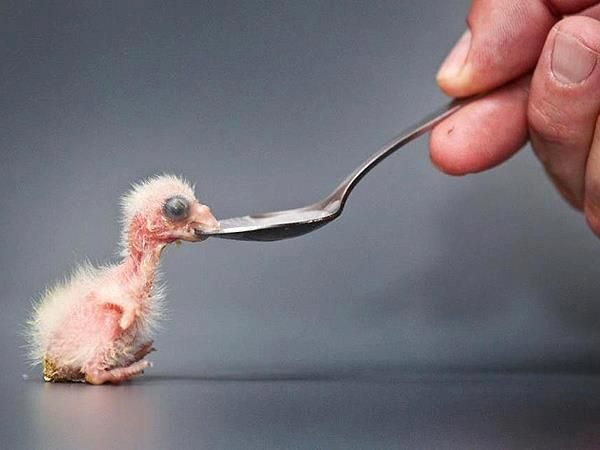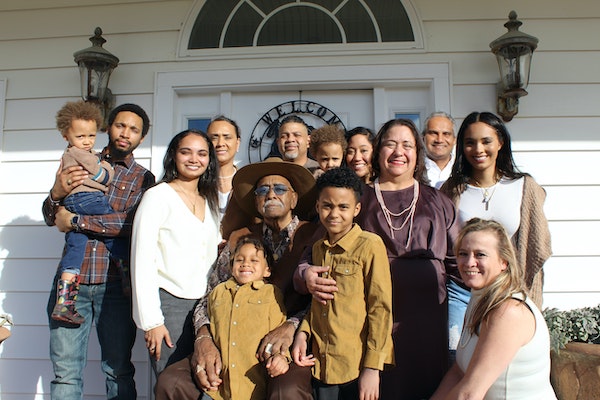
Five things I learnt from being a counsellor
I’ve decided to close my counselling business for the time being. I just can’t do it all and I would be a lousy counsellor if I tried.
What I have learnt in the past three years of ongoing study and practice has been amazing. It’s actually kind of crazy that we don’t all learn this stuff. As such, I am sharing some of the main things I learnt in my time as a counsellor.
1. The hardest thing
So much of counselling is about helping people cope with situations they have no power to change. This is the worst. Whether it’s loss, estrangement, failure, betrayal or coming to terms with a traumatic experience, we can’t change the past and we can’t change other people.
Whether you feel like you can’t talk about it openly, or you’re worried everyone is sick of hearing it, a counsellor is there to listen without judgement.
2. Seeing the bigger picture
One thing that became clear very quickly is that a lot of people are so close to their problems that they can’t see the bigger picture.
Whether it’s a narcissist or addict parent, the impact of someone who has borderline personality disorder or PTSI, a major life change or a complicated blended family situation, there are often forces at work that are out of the individual’s control.
Again, you can’t change other people. You can only improve your understanding and response to them.
So often we have learnt to love and approve of ourselves based on the love and approval we receive from family members and partners. When we can’t see these people in our lives clearly, this can lead to a real sense of despair and confusion when this, at times conditional, love is withdrawn or compromised.
A good counsellor should be able to help you see the bigger picture – where you fit in and what you can and can’t change – and hopefully help you improve your self-esteem, regardless of the feedback you’re receiving from others.
3. Seeing new ways forward
This is especially relevant when there has been a rupture in a relationship, marriage or otherwise.
Often forgiveness is the cornerstone of the ability to move on and a huge part of forgiveness is understanding why someone did something. It also comes down to acknowledging and forgiving yourself for your role in what happened.
Sometimes the new way forward isn’t what you want it to be. It might be that the marriage will end, the estrangement will continue or that people in your life will continue to be difficult despite your best efforts.
That’s when it becomes about gathering the tools and building the strength to do what you need to do, rather than resolving things.
Exploring options and coming up with new ideas is a key part of the counselling process. Counsellors don’t provide advice. They help you come up with your own solutions and give you the resources and support to enact them.
4. What you need to know about relationship counselling
So often when I saw couples for relationship therapy, it became clear that one or both people desperately needed individual therapy.
People’s individual issues were causing massive problems in the relationship but couple’s counselling isn’t about that.
In couple’s counselling, the counsellor and the couple are there to work on the relationship together. Individual work has to be done with another counsellor, otherwise it’s considered a conflict of interests.
If you go to couple’s counselling with a whole heap of unhealed trauma or baggage – and you’re not planning to work on that – a couple’s counsellor can only do so much.
A lot of issues that come out in relationship counselling are due to individual issues. Work on those problems upstream and the relationship situation might ease up or at least become less knotty.
Individual counselling creates inroads to self-awareness and it’s much easier to be in a relationship with someone who is self aware.
5. What a counsellor can and can’t do
The role of the counsellor is to listen, accompany, provide helpful reflections and empathetic support. A good counsellor will empower you will research-backed tools to cope, help you regulate your emotions and heal yourself and your relationships.
A counsellor can’t fix your problems for you but they do have access to a whole toolkit of things that can help you do the work you need to do.
A counsellor won’t necessary say what you want them to say. They may not agree with you, it’s their job to challenge you and they may highlight things you don’t want to see.
Counselling is hard but not seeking counselling when you need it is harder.
It’s been an enormous privilege to have accompanied my clients on their journeys. I’ve learnt so much and I loved it, even when it was hard.
Deepest, warmest, most loving thanks to everyone who supported my journey as a counsellor at Together Counselling. I’ll be back when I have time to complete my Masters of Counselling or to do a Psychology degree.






Wow, it’s so interesting reading your take on being a counsellor. I’ve always been the one sitting opposite the counsellor blurting about my life issues. I bet you are a kind and caring and very supportive professional because that’s what you are like as a friend. Great story, Emma.